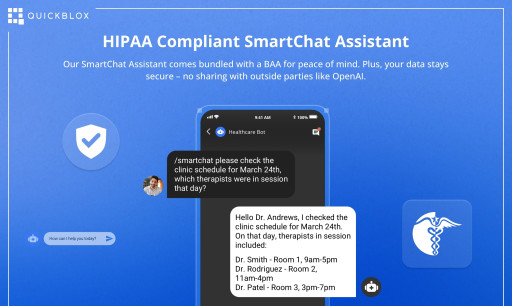Health - Purple Foxy Ladies originally published at Health - Purple Foxy Ladies
Ali Karakus' Innovative Project Aims to Slow Aging of Brain and Facial Cells, Leading to the Foundation of a Private Deep Tech Institute in Istanbul
Neuroscience and Quantum Researcher Ali Karakus
A Novel Approach to Quantum Entanglement for Cellular Aging Reduction
ISTANBUL, May 25, 2024 (Newswire.com) - In a groundbreaking research project, Turkish neuroscience researcher Ali Karakus is investigating how quantum entanglement could revolutionize our understanding of aging. This phenomenon, where particles become so interconnected that the state of one instantly influences the state of another regardless of distance, is now being explored as a potential key to unlocking the secrets of cellular aging.
This study explores the potential of quantum entanglement to reduce cellular aging by utilizing the unique properties of time dilation experienced in space. By entangling human cells with counterparts in a controlled laboratory environment and sending the entangled cells into space, the research aims to transfer the slowed aging effects to Earth-bound cells. This paper outlines the theoretical framework, methodology, expected outcomes, potential challenges, and ethical considerations of this pioneering research.
A Radical Approach to Aging
Karakus and his team aim to significantly slow down or even reverse the aging process of human cells. The ambitious project involves entangling human brain and facial cells with their counterparts in a controlled laboratory environment. These entangled cells are then sent into space to exploit the slowed aging effects caused by time dilation — a concept from Einstein's theory of relativity, which states that time passes more slowly for objects moving at high velocities or in strong gravitational fields.
The hypothesis is that the slowed aging of space-bound cells could be transferred to their Earth-bound entangled partners, effectively reducing the aging process in the cells left on Earth.
Methodology and Future Plans
The methodology, while straightforward, is highly innovative. Initially, human brain and facial cells are collected using minimally invasive techniques. These cells are then entangled with cells in a laboratory tube using advanced quantum technologies. Verification methods, such as Bell's inequality tests, ensure that the cells are truly entangled.
The next step involves collaboration with space agencies like NASA and ESA to send the entangled cells into space. These cells are continuously monitored while the aging process of both space-bound and Earth-bound cells is observed. Data is collected on cellular senescence markers, DNA methylation patterns, and telomere length.
In a humorous nod to the film "The Curious Case of Benjamin Button," Karakus speculates about the future potential of achieving faster-than-light travel, reaching tachyon particle velocities. Although this remains in the realm of science fiction, such ideas inspire creative thinking about future technologies.
Challenges and Ethical Considerations
The project is not without its challenges. Maintaining entanglement over long distances and ensuring cell viability in the harsh environment of space are significant technical hurdles. Additionally, ethical considerations, such as obtaining informed consent from cell donors and implementing stringent biosecurity measures, are paramount.
Acknowledgments and Gratitude
Ali Karakus extends his deepest gratitude to his partner and closest companion, Semih Hakyemez, whose encouragement over the past 15 years has been instrumental in his research journey. He also thanks his wife Sevde Karakus and his son Hüseyin Murat Karakus for their unwavering support and motivation.
Looking Ahead
Karakus and his team are excited about the potential of conducting studies on the Drosophila melanogaster, which has DNA most similar to human DNA. They plan to validate their hypothesis through a quantum simulation in 2026.
Conclusion
This project explores the frontier of quantum biology by applying quantum entanglement and relativistic effects to cellular aging. If successful, it could pave the way for groundbreaking advancements in age-related therapies and enhance our understanding of quantum effects on biological systems.
As we stand on the brink of what could be a quantum leap in anti-aging research, the possibilities are as vast and exciting as the universe itself.
Contact Information:Ali Karakus
President
[email protected]
Related Files
a3270e62-da54-4f72-a792-c0e9f31f69e4
df24f29e-f5e3-4bad-acc4-ea63b62a8787
Original Source: Neuroscience and Quantum Researcher Ali Karakus Aims to Slow Aging of Brain and Facial Cells Using Principles of Quantum Entanglement and Space-Time Dilation
Health - Purple Foxy Ladies originally published at Health - Purple Foxy Ladies




